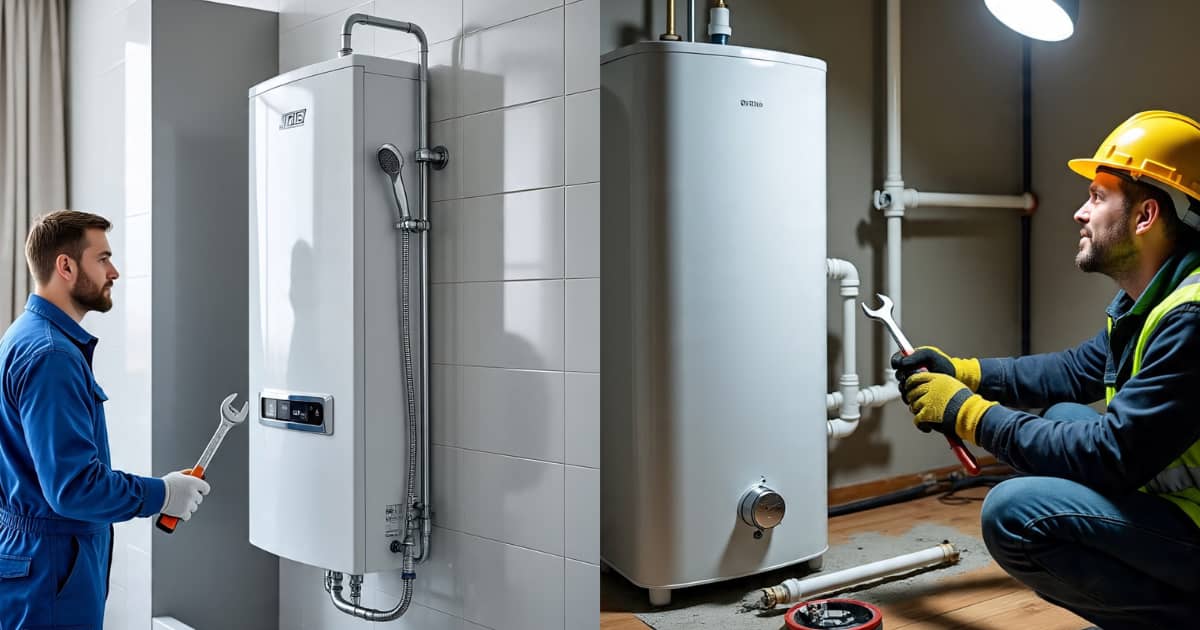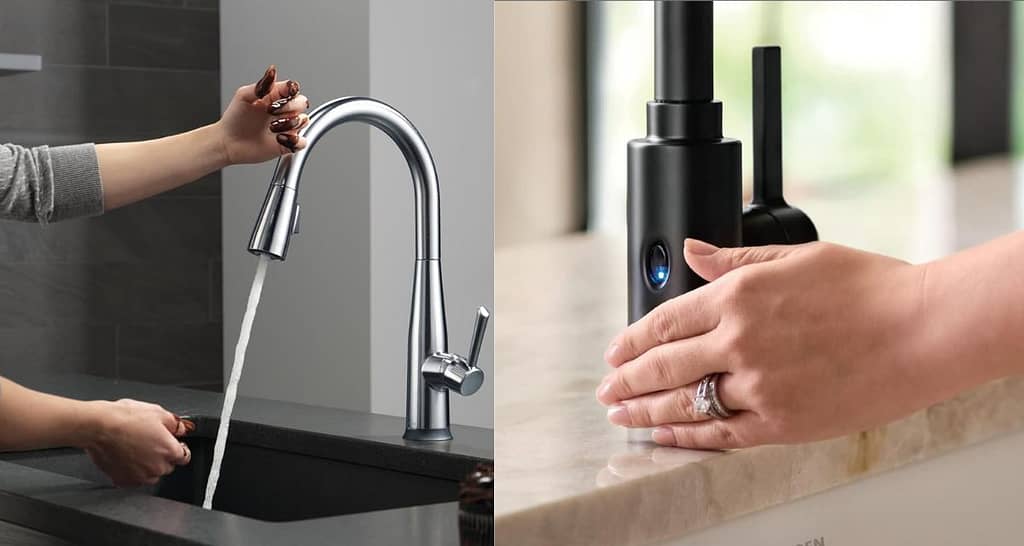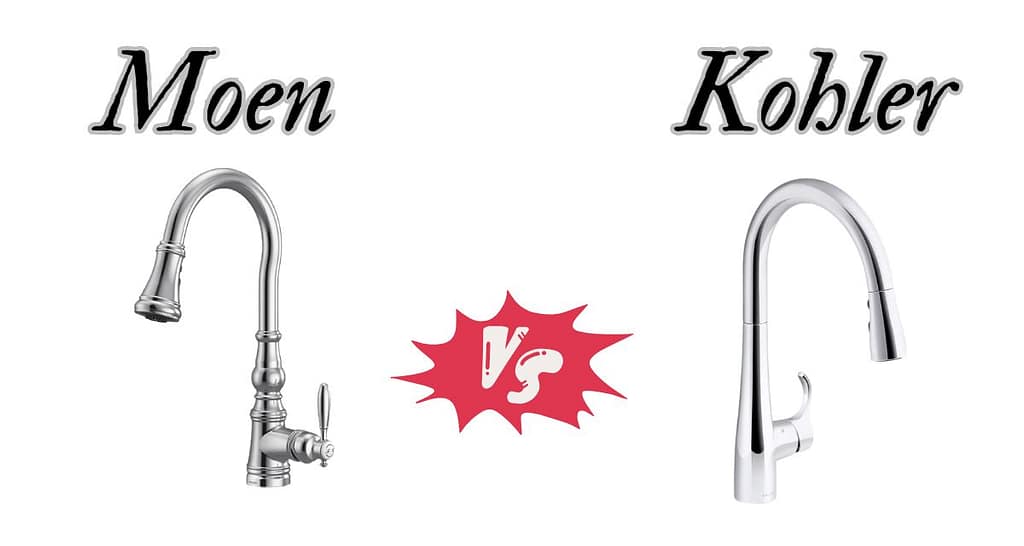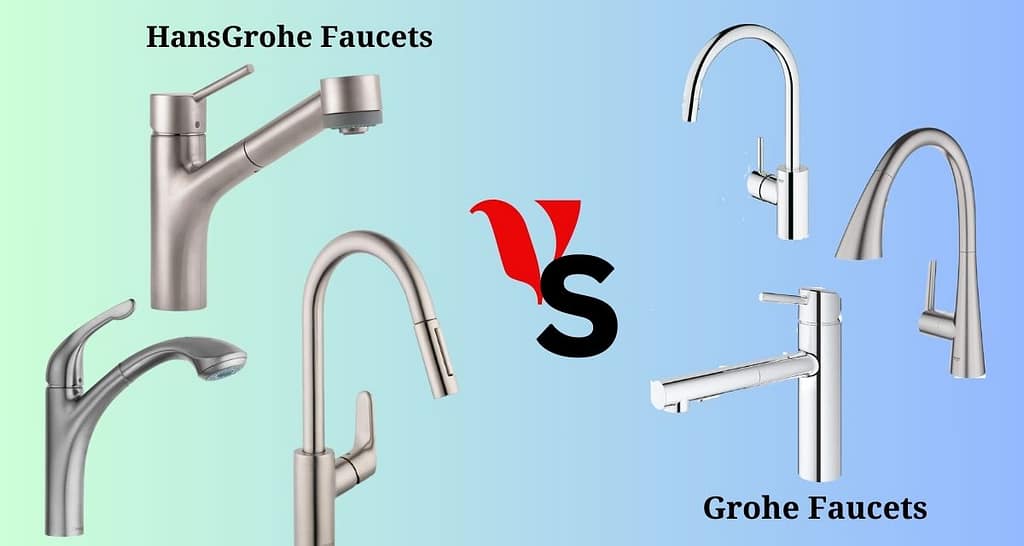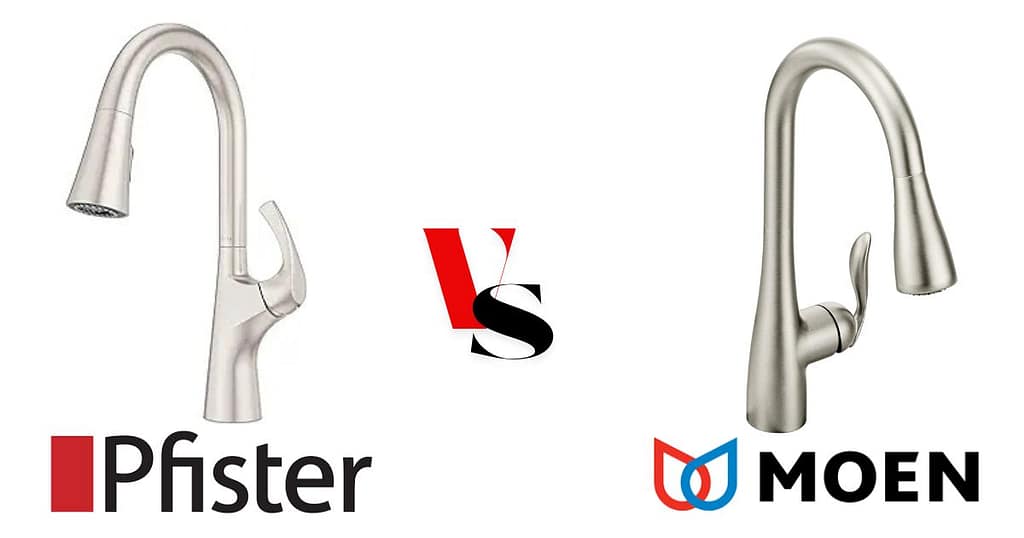When the time comes to replace an aging or faulty water heater, one of the first decisions homeowners face is whether to take on the installation themselves or hire a professional plumber. There are merits to both the DIY and professional routes, so it’s helpful to weigh the various factors involved. Let’s compare some key pros and cons DIY vs Professional Water Heater Installation.
DIY vs Professional Water Heater Installation: Making the Right Choice for You
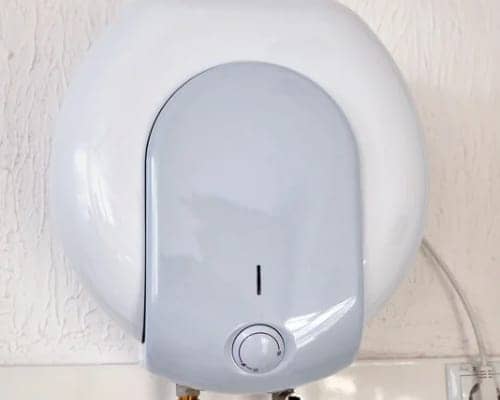
DIY Pros:
- Potential savings on labor costs by doing it yourself. Installation parts and equipment rarely cost more than a few hundred dollars.
- Sense of accomplishment from a self-completed project around the house.
- Greater flexibility on installation timing since you don’t need to schedule a service pro.
- Chance to learn new skills and gain experience working on plumbing tasks.
DIY Cons:
- Safety concerns around working with gas lines, dealing with heavy equipment, and risk of electric shock. Improper installation can lead to fire, explosion or leaks.
- Lack of professional-grade tools may make some tasks more difficult than expected.
- Code compliance – DIY work may not meet all local building standards and inspection requirements.
- Warranty issues if installation errors cause premature failure or leaks down the line.
- Time commitment needed to fully research steps and complete installation properly vs calling a pro.
Professional Pros:
- Safety: Licensed plumbers are trained and insured professionals well-versed in code compliant work.
- Reliability: Pro installers guarantee their work and can fix any post-install issues that arise.
- Convenience: Schedule service at your convenience and they handle the whole job. No DIY learning curve or equipment needs.
- Quality assurance: Most stand by work with warranty in case any future leaks develop.
- Inspection: Permits and approval for inspected, up-to-code installations you can rely on long term.
Professional Cons:
- Higher total cost than just buying equipment yourself due to hourly labor charges.
- Less flexibility to schedule – Depends on pro availability vs doing it yourself anytime.
- Less control over process – Can’t ask continual questions or make adjustments as you go.
For a straightforward replacement of a like-for-like water heater in an existing location, the DIY route could save a decent chunk of change if you’re skilled, careful and willing to research instructions thoroughly. But there are some situations where hiring a pro makes more sense:
- Installing in a finished basement, tight space or multi-story home means dealing with major lifting, safety concerns and potential complications.
- Changing fuel sources from electric to gas or vice versa requires specialized knowledge and permitting. Improper gas line installation can lead to carbon monoxide poisoning or fires.
- Upgrading to a tankless or heat pump unit introduces new technologies that most homeowners don’t have experience with.
- Homes more than a few decades old may have knob-and-tube or other antiquated wiring that needs professional assessment.
- Budget doesn’t allow for the cost of a replacement should DIY work need repairs down the road that void equipment warranties.
- Accessing gas, electric, or water lines requires dismantling walls or foundations, which is best left to licensed contractors.
Overall, checking local codes and weighing your comfort level is crucial. While DIY can save money, hiring a plumber for complex jobs or fuel conversions offers peace of mind. Determine your abilities and risk tolerance to decide the safest, highest-quality route for your specific home and water heater needs.
When should I install a Water Heater in my House?
Having reliable hot water in your home is important for daily living, hygiene, and comfort. As homeowners, it’s good to be aware of general timelines for considering installing or replacing your water heater system. Here are some insights on the key factors and situations that indicate it may be time for a new water heater.
Age of the Heater
Most residential water heaters have an average functional lifespan of about 8-12 years before needing replacement. Once they hit the 10-year mark, problems can start arising more frequently as parts wear down over time. So if yours is reaching the double-digit age, it’s a good idea to begin shopping for an upgrade.
Efficiency Standards
Federal regulations periodically update the minimum energy efficiency requirements for water heaters. If yours was installed many years ago, it likely needs to meet current standards. Replacing an older model with a new energy-efficient one can lead to nice savings on utility bills over the long run.
Pilot Light Issues
If the pilot light won’t stay lit consistently or keeps going out, it’s a sign the water heater’s age is catching up to it. This is especially true if attempts to service and clean the pilot assembly don’t resolve the problem. Persistent pilot light issues indicate it’s nearing the end of its lifespan.
Leaks or Rust
Look for water pooling or rust around the bottom or side seams of the water heater tank. Internal corrosion and cracks will also eventually cause leaks, which need prompt repair or replacement before causing damage. Spotting a leak early allows more planning time versus an emergency replacement.
Inadequate Hot Water
It may be time for a capacity upgrade if the household finds they are regularly running out of hot water with the current heater, even when using conservative habits. This is especially true if the family size or shower/bath routines have changed recently.
Change of Needs
Life stages like having a new baby, growing children, or elderly family members may dictate different hot water needs than before. It’s wise to be proactive about potentially sizing up the heater for changing household demand. Similarly, remodeling, like adding a bathroom, is a great reason to consider swapping out the aging unit.
Annual Maintenance
Conducting yearly maintenance like flushing sediment can help identify smaller issues early and maximize the system’s lifespan. But if service visits uncover significant corrosion inside that can’t be repaired cost-effectively, it may make financial sense to upgrade rather than continue improving an older model.
Replacing an aging or inefficient water heater preemptively before failure helps avoid costly emergency repairs or living without hot water during replacement. Proper timing allows leisurely research scheduling service and minimizes disruption to your family’s daily routines. I hope these tips help you determine when it may be wise to install a new water heater in your home.
How can I Buy a Water Heater in my House?
Hey friends, as homeowners, we often find ourselves needing to make improvements or repairs around the house. One item that many end up replacing at some point is their water heater. I recently installed a new water heater in my home, so I am sharing some tips for anyone considering the same.
The first step is evaluating whether you need a new water heater. Signs it’s time for an upgrade include: it’s 10+ years old (the average lifespan), it’s leaking water or rust around the base, hot water isn’t getting as hot as it used to, or it just isn’t keeping up with your household’s daily hot water needs. You’ll also want to replace it if the pilot light won’t stay lit or if it’s inefficient and driving up your utility bills.
Once you determine a new one is needed, it’s time to start shopping around. There are a few main forms to consider:
Gas water heaters are the most common and tend to be more affordable to operate since gas prices are generally stable. They work quickly and heat water efficiently. Just be sure to have proper ventilation installed if you go with gas.
Electric water heaters are simpler to install since no venting is required, like with gas. They also don’t pose the same safety risks as gas. However, electric heating can be more expensive to operate since electric rates fluctuate.
Tankless water heaters, also called on-demand or instant, heat water directly without storing hot water in a tank. This saves space and is more energy efficient if you have a larger household. However, they tend to cost more upfront, and the water takes longer to get hot initially since it heats on demand.
Heat pump water heaters are the most energy-efficient option and can significantly reduce utility costs. However, they are also the most expensive upfront and may only be appropriate for some cold climates.
Consider your energy prices, home layout, and family size when choosing. It’s also a good idea to get quotes from multiple local plumbers to install the unit, as prices can vary widely. Ask friends and check online reviews, too.
Be sure the new water heater meets all local codes and energy standards, like the required Energy Factor rating. Also, factor in warranties – most reputable brands offer 6-12 years. I chose a basic mid-efficiency 40-gallon gas heater that should suit our needs well.
Make sure to flush out your old water heater before the new installation. This removes sediment that can accumulate over time. Shut off the gas and water lines, then drain the tank. Detach any venting, fixtures, or wiring as needed.
Review the manufacturer’s instructions thoroughly and get help from an assistant for the installation. It involves dragging and lifting the heavy old and new tanks, connecting gas and water lines securely using threaded pipe dope, setting up venting, and running electricity if needed. Test for leaks before firing it up!
Enjoy your newly installed, efficiently operating hot water heater. Regular flushing and anode rod replacement help extend its lifespan, too. Always exercise caution with the pilot light and gas line, and watch for signs it may need service. With proper care, it should provide you with hot water for many years to come! Let me know if you have any other questions about water heaters.

